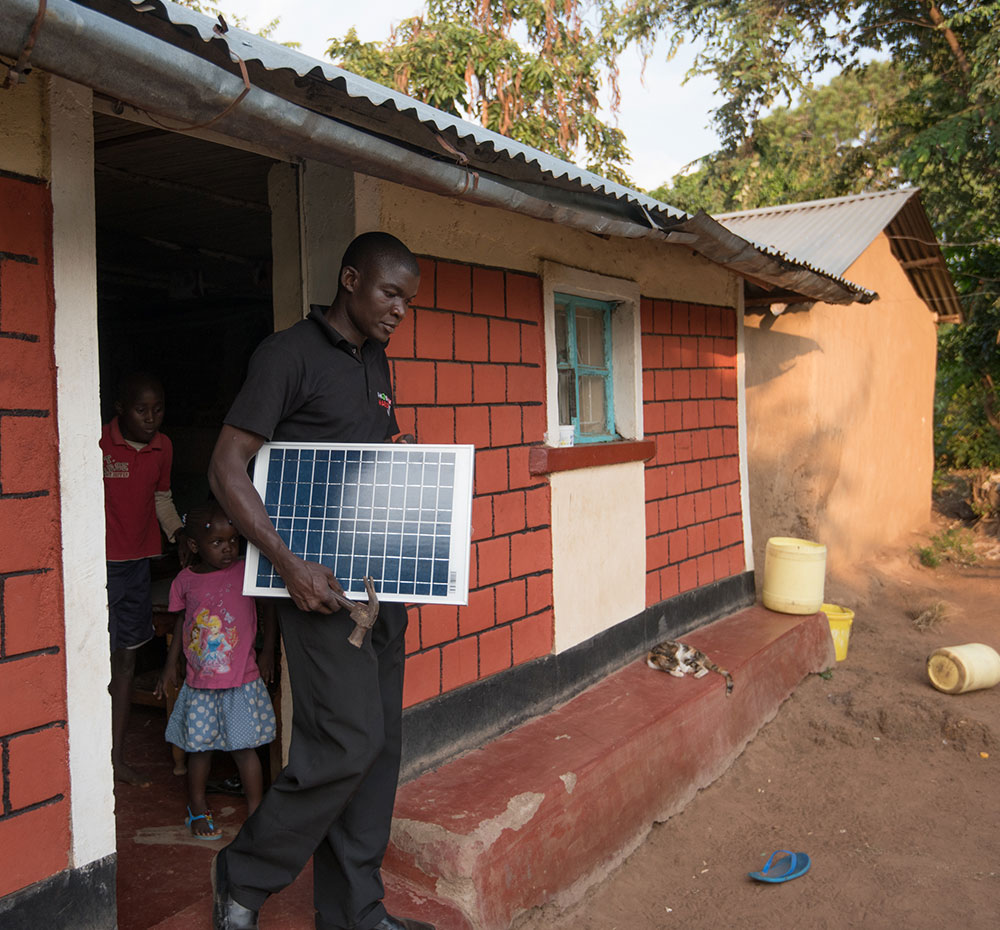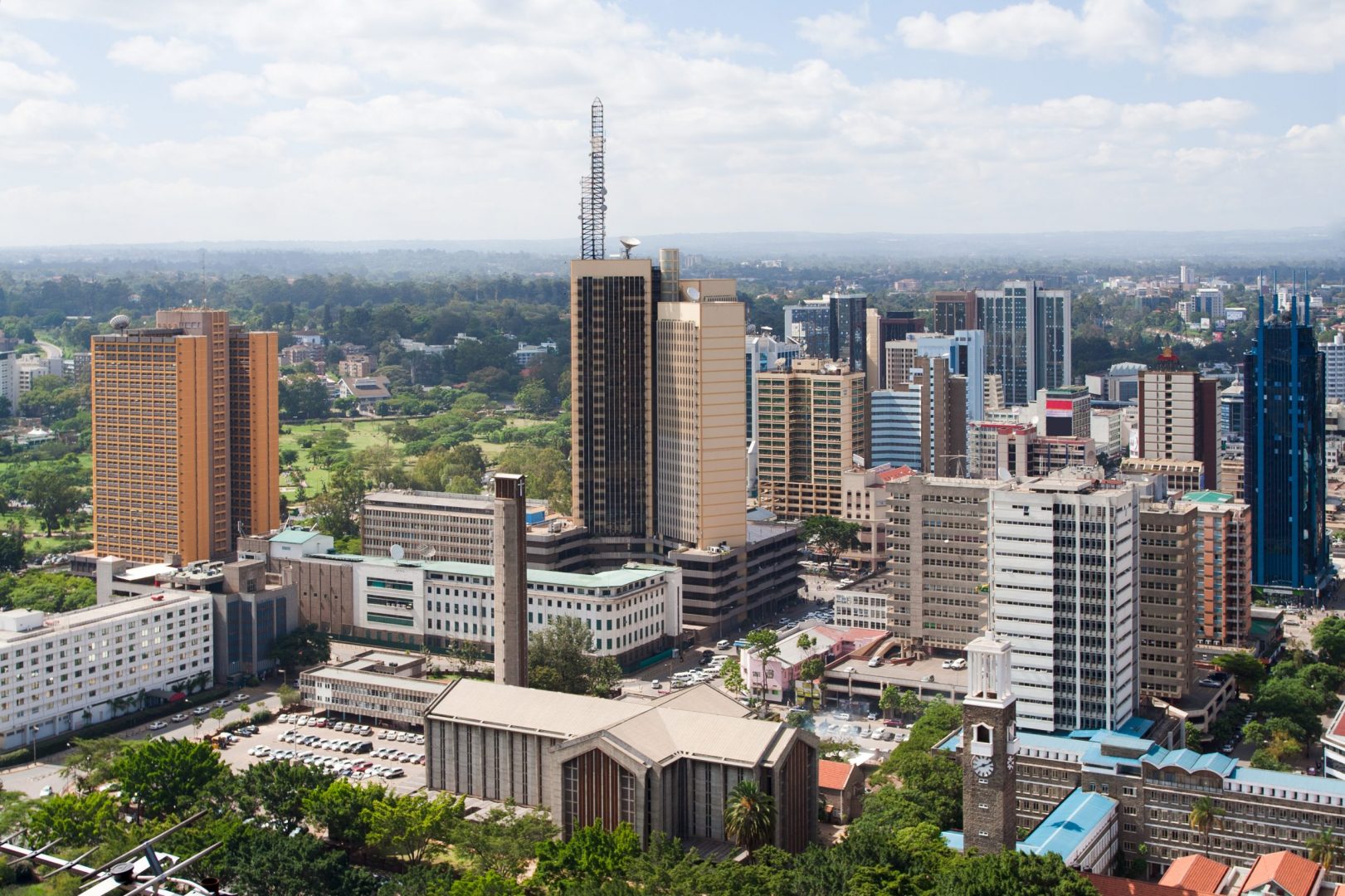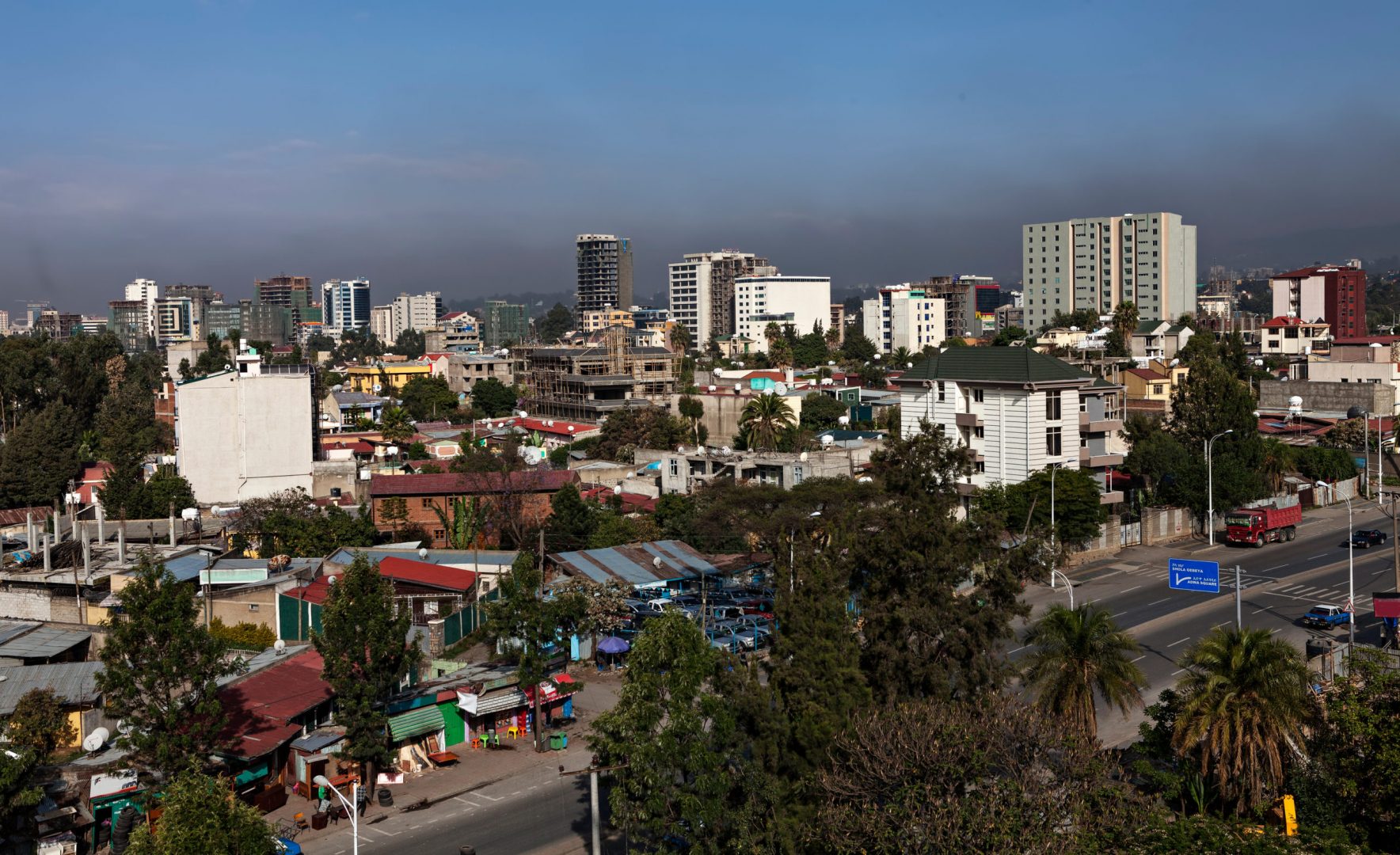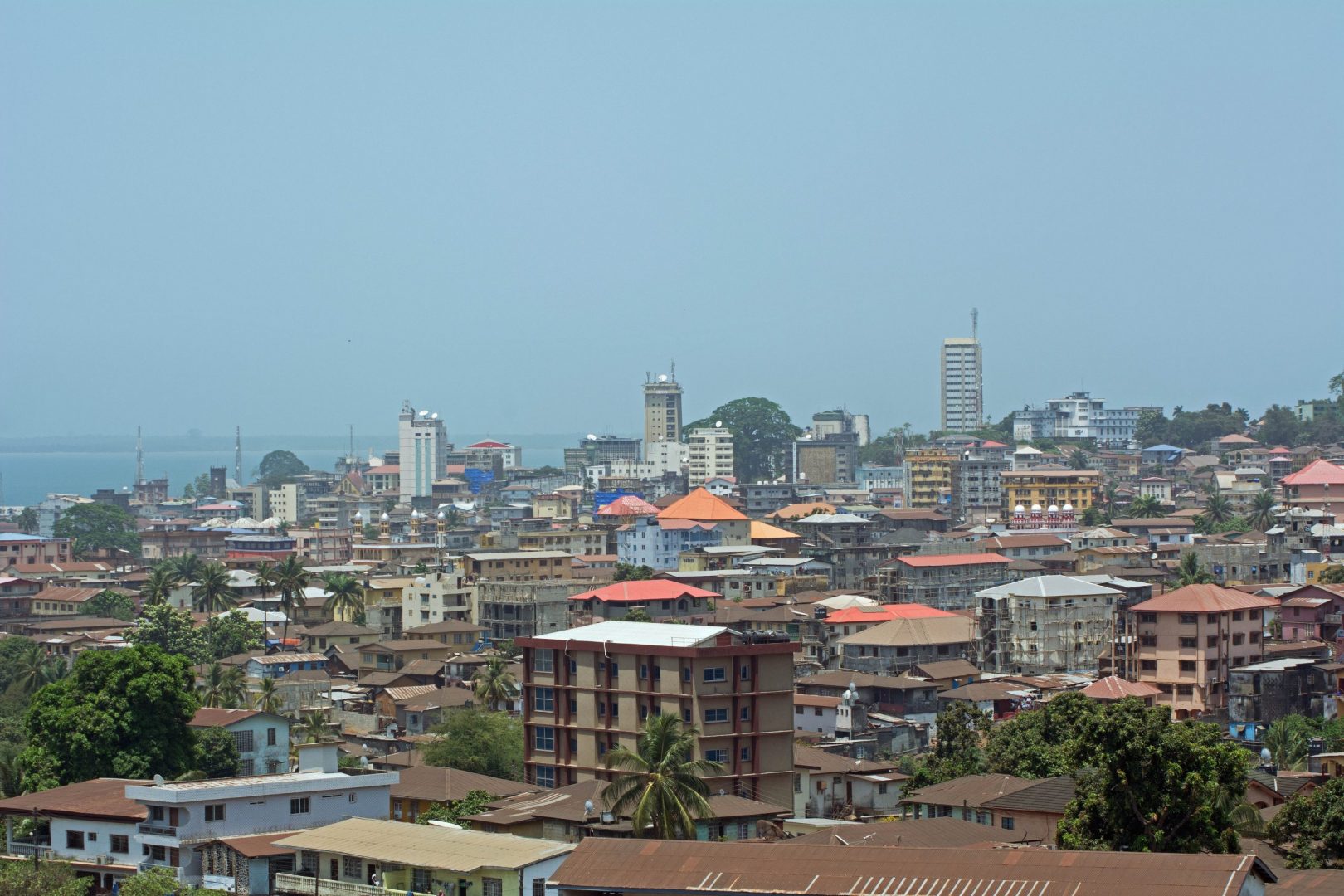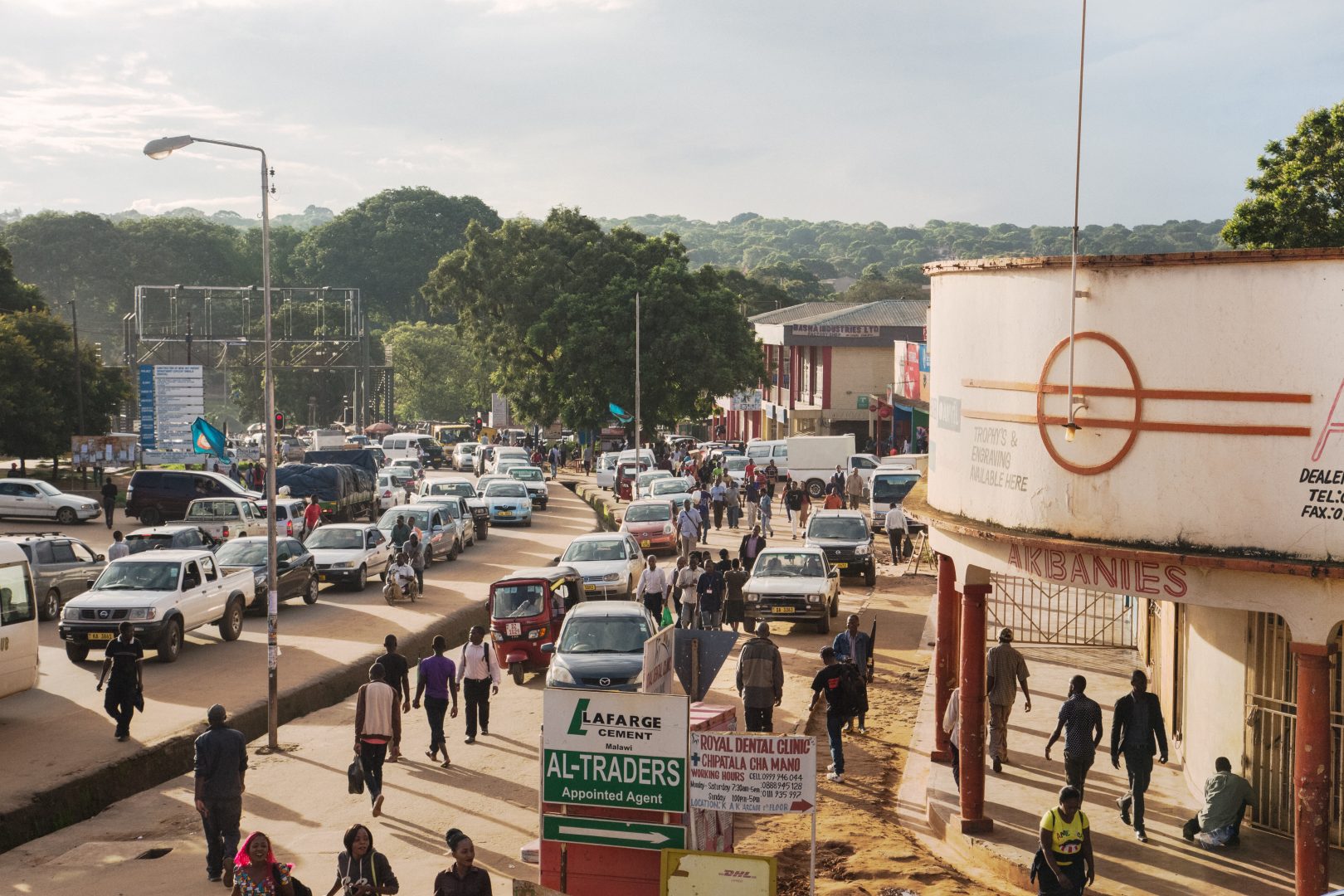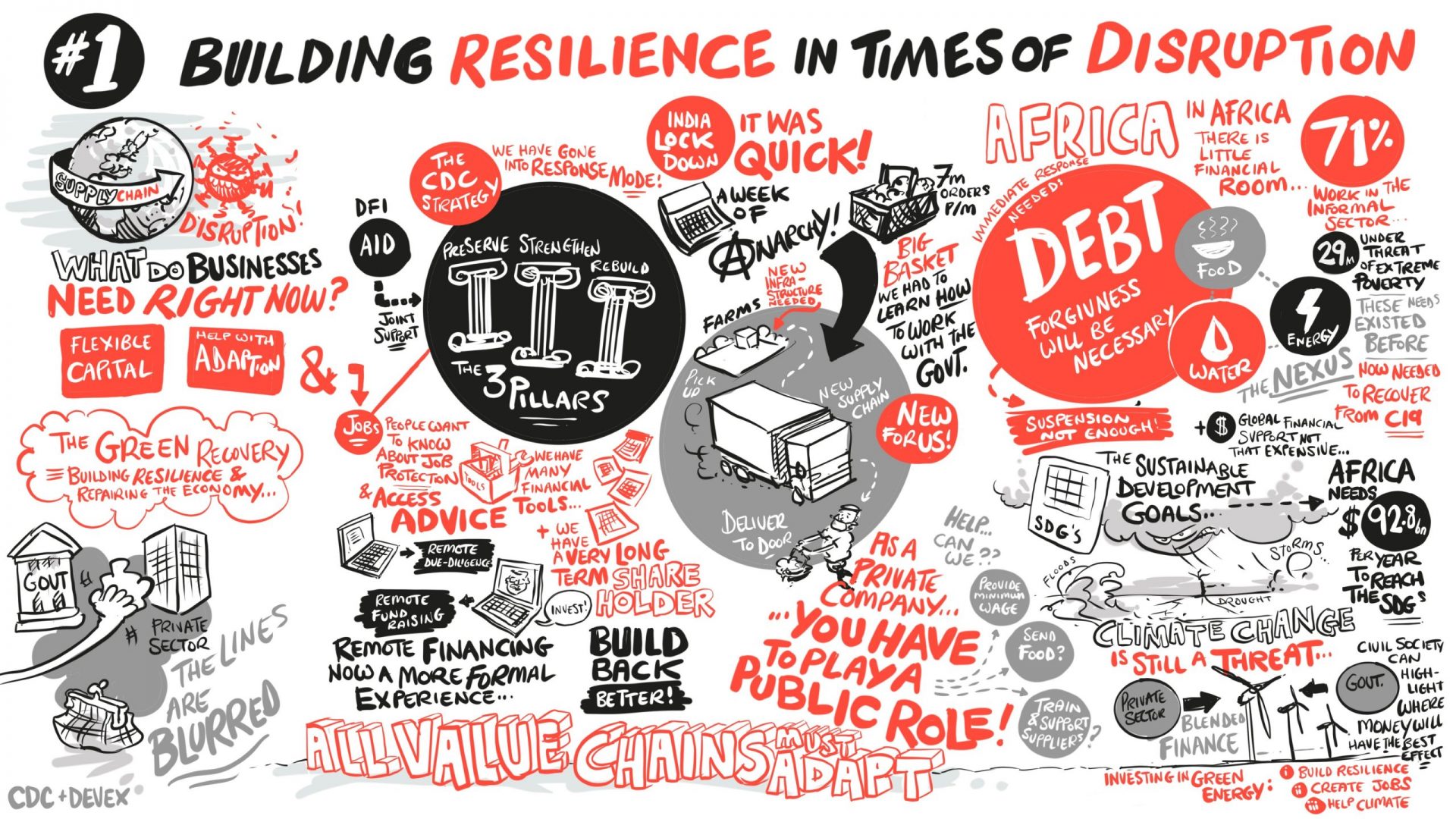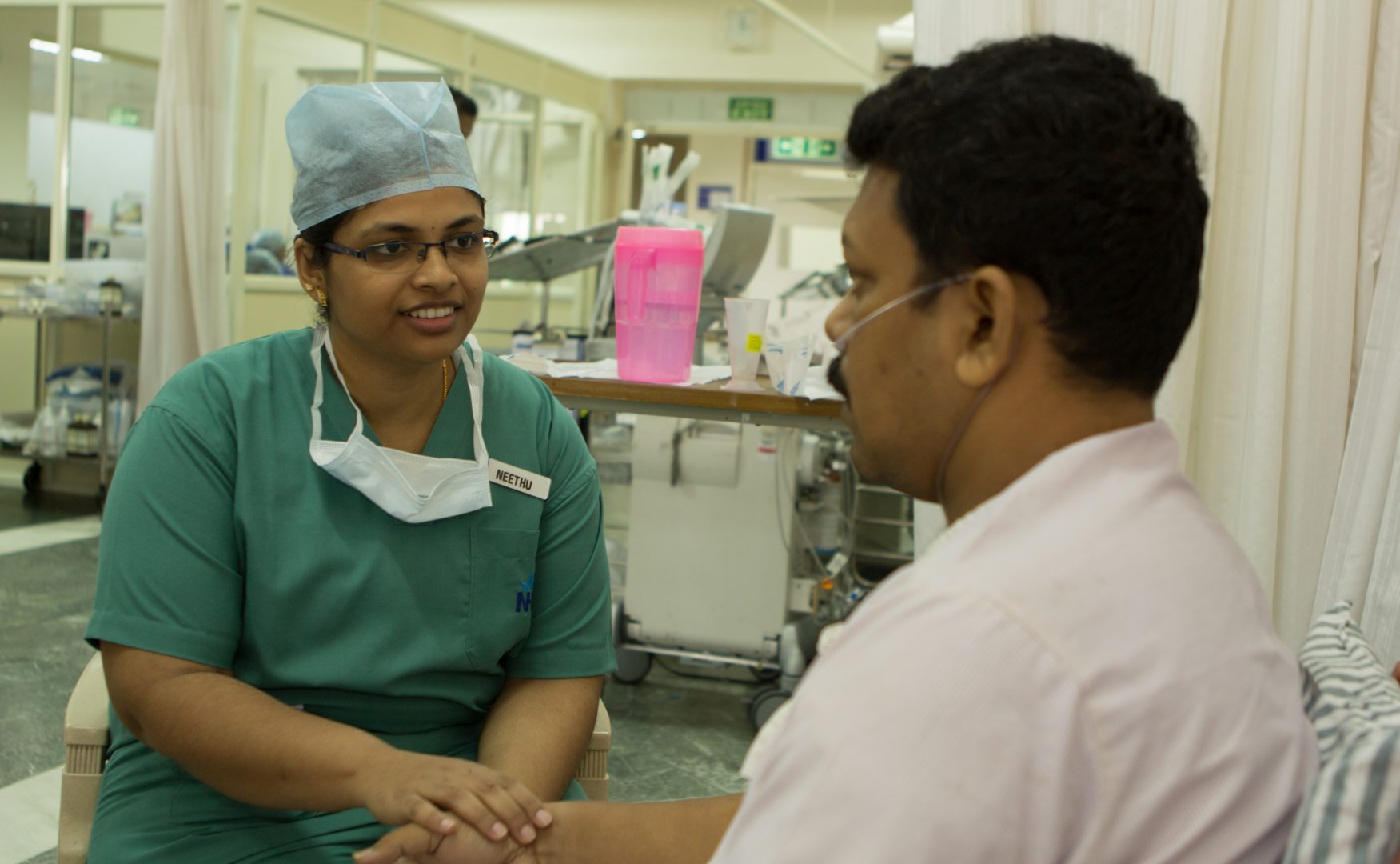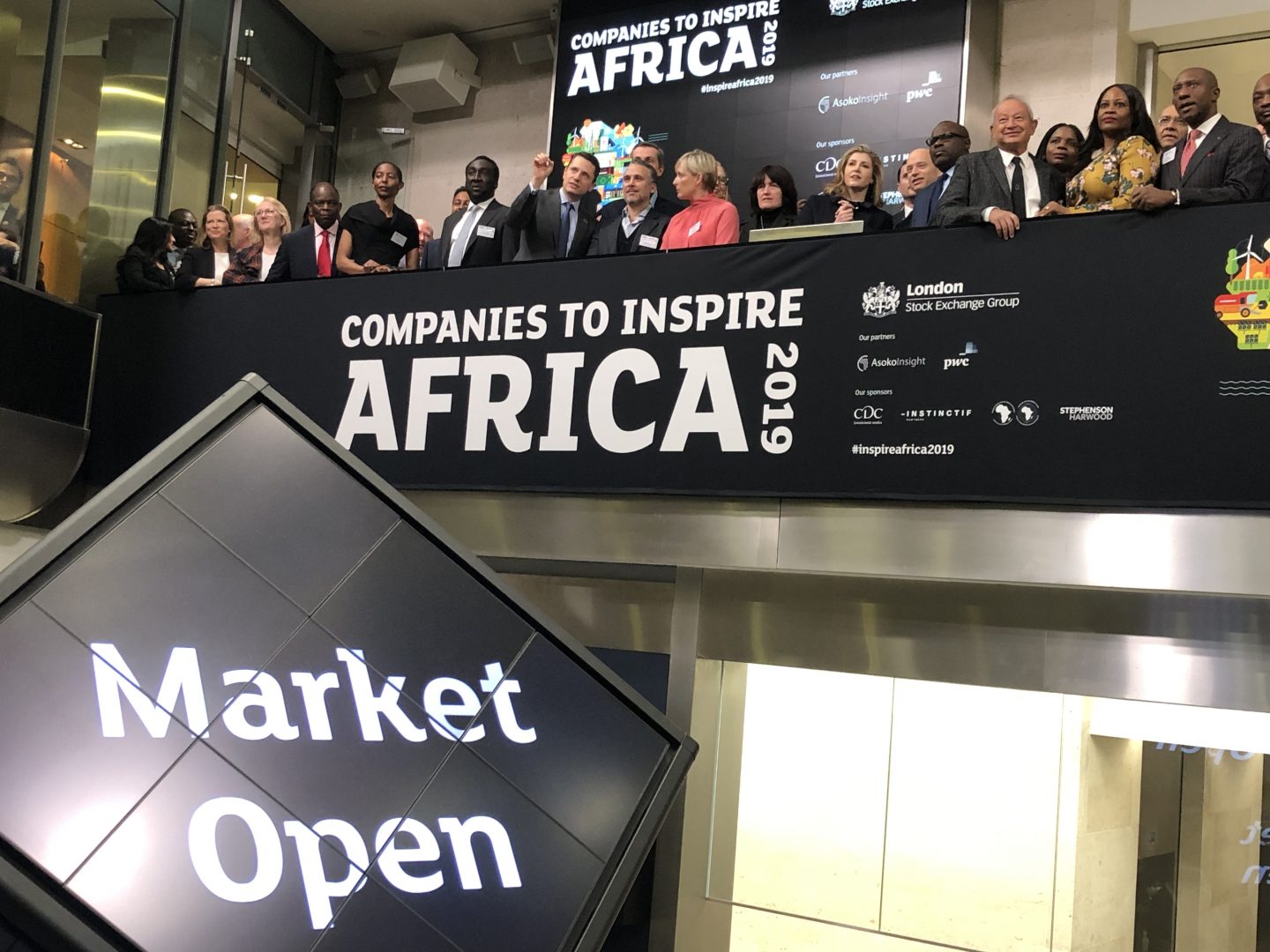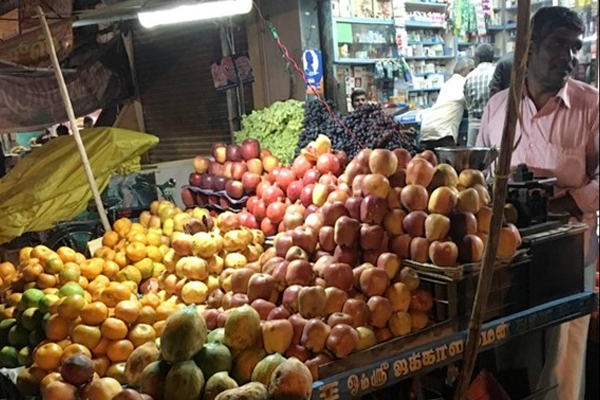How are businesses adapting in the era of COVID-19?
The world has ten years to reach the Sustainable Development Goals. Now the COVID-19 pandemic has put the equivalent of 400 million jobs at risk, business leaders in some of the hardest hit regions of the world are strengthening their resolve to ensure their businesses not only survive, but thrive.
read
The goal of SDG 8 is to get every woman and man into full and productive employment by 2030. Before COVID-19 hit, it was an ambitious, yet achievable aim. Now, CDC’s commitment to invest to help build successful companies in Africa and South Asia is more important than ever. CDC’s Annual Review event: Creating decent work and generating economic growth, which took place remotely in July, looked at how some of CDC’s investee companies had been faring during this time, and what CDC had been doing to support them.
Professor Rajesh Chandy from London Business School, says that because CDC invests in some of the hardest places in the world, it has a special role to play in the recovery from the COVID-19 pandemic. “CDC is showing that things are possible,” he says. “That we should invest now, when people are down. They’ve had a particularly powerful impact because they’ve shown other investors what a huge difference they can make.”
Since the crisis hit, CDC has flexed its strategy to support the regions it invests in. Their response to the pandemic has three areas of focus: ‘Preserve’, ‘Strengthen’ and ‘Rebuild’. Tenbite Ermias, Managing Director and Head of Africa at CDC Group, explains that ‘Preserve’ gives their investee companies the technical help they need, which could be anything from job protection guidance to infection control. “’Strengthen’ is about extending support, for example looking at how we can provide financing for working capital for our investees,” Tenbite says. “’Rebuild’ reaffirms our commitment to be a long-term partner to the countries where we invest. This pandemic will take many months to play out and we know that finance and support from institutions like CDC will be critical to the rebuilding process.”
Radha Basu is Founder and Chief Executive Officer at CDC investee company iMerit, a technology services business in Bengal, where 54 per cent of employees are women. “When you are building an inclusive workforce it becomes very important to have investors who are aligned with you,” says Radha. “Right from the beginning of the pandemic CDC have asked us how they can help and I want to say that very sincerely we are so grateful to the CDC team.”
Because Radha built iMerit with flexibility and responsiveness at its core, it’s been able to pivot to meet the transforming needs of its clients, despite recent challenges. 80 per cent of the company’s 2,800 employees are from under-resourced areas. One of them, Barn-Ali, is from a region in Bengal that was hit hard by the cyclone in May. “Barn-Ali heads a team of 200 people who are delivering geospatial imaging solutions to one of the largest agriculture companies in the world,” says Radha. “When COVID-19 hit, that company had new needs. They came to us and said ‘If you can’t meet these needs we have to go somewhere else.’ Within three days she had the workforce up and running.”
In Ghana, Gregory Rockson’s company mPharma has also pivoted to fit new priorities in the midst of the crisis. His business had already transformed his local economy by expanding the role of a pharmacy into a primary care provider and driving down the cost of medicines to give more people access to the drugs they need. “We knew from our research that by strengthening the role of a pharmacy we could transform the health and safety of communities in Africa,” says Gregory.
“Nobody expected to see the acceleration of the virus like we’re seeing now,” says Gregory. “Countries started scrambling for medical commodities. We had to mobilise to get as many drugs as possible into our warehouses so we could serve our patients.”
After their supplier of hand sanitiser in Egypt stopped exporting, Gregory decided mPharma would make its own. And when he saw that coronavirus testing facilities were unable to keep up with demand, he worked with his shareholders—including CDC—to figure out a way to supply test kits to the people that needed them. “That decision ended up making mPharma one of the largest suppliers of test kits on the African continent,” he says. And, after realising that constraints in public laboratories were hampering the potential impact of testing, he helped private laboratories repurpose to join the effort. “The private labs are now complementing the efforts of the government labs,” he says. “But we had to make it happen quickly: in less than five months!”
Companies like mPharma—that have been able to flex to serve rapidly changing human need—have been indispensable in the global response to the COVID-19 crisis. But others, like iMerit, while not performing on the front line, are equally vital because they contribute to the long-term growth of economies.
The digital skills that companies like iMerit give to their employees are a gift not only to them but to the economies they live and work in, and to the world at large, according to Liz Lloyd, Chief Impact Officer at CDC Group. “One of the most fantastic things about iMerit is the connection between what can seem like a very distant, remote tech economy and the real lives of people that we all want to see prosper,” she says.
Rajesh says that opportunities for economic growth can rise from the dust of crises in the shape of the new skills people are forced to develop. “The reality of developing countries is that they are prone to shocks,” he says. “Many people—not just me—have studied that. Look at the connectivity and mobile money that came out of the election violence in Kenya, for example. As horrible as COVID-19 is, it’s come at a moment when smartphones and digital connectivity have penetrated much of the world. Ten years ago we couldn’t have come together in this way from different parts of the world. The implications of that are now being studied, and what I see is remarkable outcomes,” he says.
“I am still an optimist and I’m grateful that we’re all alive at this moment in time when things that were simply not possible in health, in digitisation, in connectivity, are far more possible today in developing countries then they have ever been. To that end business possibilities and economic possibilities are much greater.”
This article is based on discussions at our recent event ‘Creating decent work and generating economic growth’, part of a series of online events to mark the publication of our 2019 Annual Review. Catch up on the event recording and read our 2019 Annual Review: Towards a decade of action.
